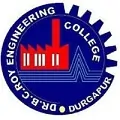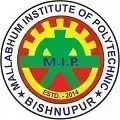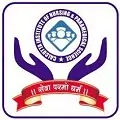Why Choose M.Tech in Renewable Energy?
- The increasing global focus on sustainability and reducing carbon footprints makes renewable energy a crucial sector for the future.
- Graduates contribute directly to solving energy challenges, creating cleaner, more sustainable energy solutions.
- As the demand for renewable energy continues to rise, this program offers excellent career opportunities and the chance to work in cutting-edge technologies.
Curriculum:
The M.Tech in Renewable Energy program covers a mix of core engineering principles and specialized topics related to renewable energy technologies, including:
- Fundamentals of renewable energy systems and technologies.
- Solar, wind, hydro, and bioenergy power generation.
- Energy conversion and storage techniques.
- Sustainable energy management and energy policy.
- Smart grids and energy-efficient systems.
- Environmental impact analysis of renewable energy projects.
Internship/Practical Training:
- Internships with renewable energy companies, research institutions, and government agencies.
- Practical experience in designing, operating, and maintaining renewable energy systems.
- Project-based learning to implement real-world renewable energy solutions.
Job Prospects:
- M.Tech in Renewable Energy is in high demand as the world shifts towards sustainable energy solutions.
- Career opportunities in both private and public sectors, including energy firms, government energy departments, environmental NGOs, and research institutions.
- Leading organizations like Siemens Gamesa, Suzlon Energy, Tata Power, GE Renewable Energy, and Adani Green Energy actively hire renewable energy engineers.
Salary Range:
- Entry-level salaries typically range from INR 6 lakh to 10 lakh per annum, depending on the job role and organization.
- With experience, professionals can earn INR 12 lakh to 20 lakh per annum in specialized positions such as energy consultant or project manager.
Further Studies:
- M.Tech in Renewable Energy can pursue a Ph.D. in Renewable Energy or related fields.
- Specializations in fields like energy storage technologies, smart grid management, and sustainability studies.
- Certification programs in energy auditing, energy management, and advanced renewable energy technologies.












